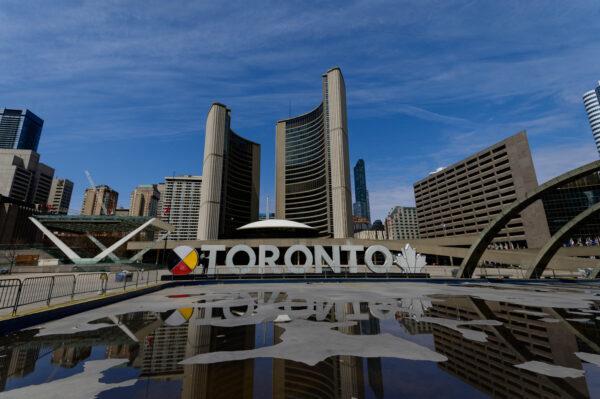Toronto’s mayoral candidates agreed that housing affordability is probably the biggest issue facing the city.
“They’re choosing between living and eating, and that’s not right,” said Mitzie Hunter, one of six mayoral candidates at a debate put on by the University of Toronto’s School of Cities. “Housing is a human right,” said Hunter, a former provincial cabinet minister.





